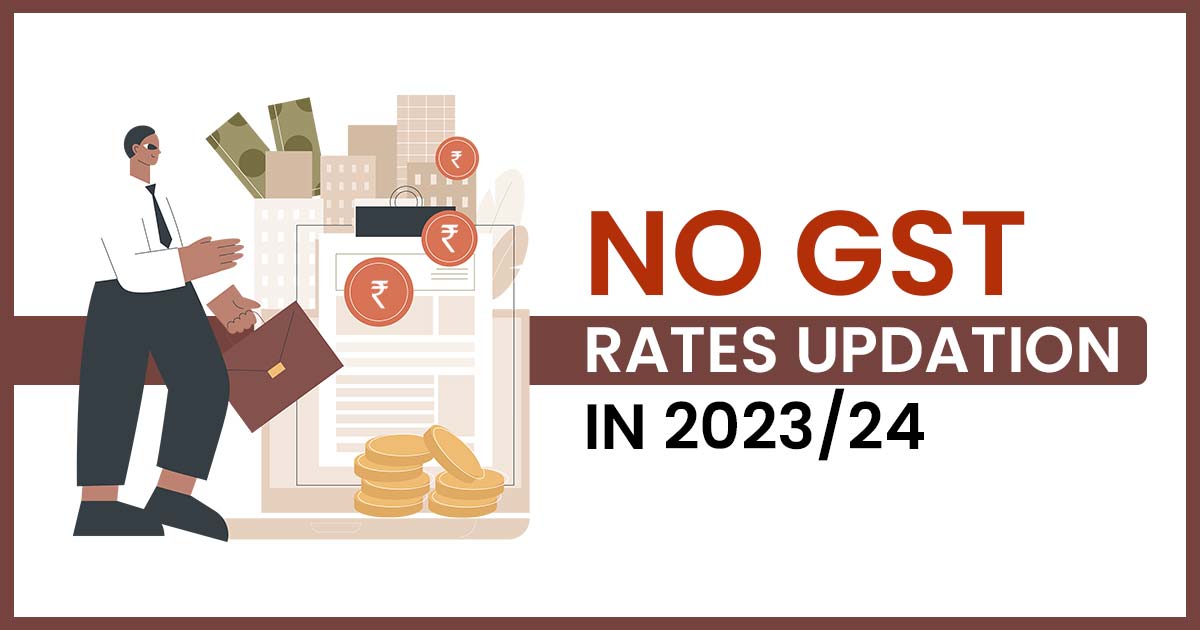
A top official stated on Monday that India would not change its Goods and Services Tax (GST) regime in the upcoming fiscal year, delaying a move that has been considered for more than a year to streamline its tax system and lessen the burden on consumers.
The GST, which was adopted in 2017 and unifies a number of state taxes, now has five tax rates across the nation. They vary from 0% and 28%.
The government discussed reforming the tax in 2021 by combining two GST tax rates and reducing the burden on a variety of goods. The five-year-old system has drawn criticism for having too many tiers.
Sanjay Malhotra a revenue secretary told that “Right now, we are just looking to maintain stability (in tax rates), a stable tax regime. Minor changes will always be there. major taxation change like a merger of tax rates, we are not contemplating in 2023/24,”
Malhotra stated that the government would eventually like to have fewer tax categories but did not provide a date.
We would want fewer tax rates, fewer disputes…that is certainly the goal to have fewer rates… and there may be scope to reduce tax slabs… that may be done in some point in time, but not now,
By having fewer rates, the Indian government hopes to streamline its taxes system for custom duty, which falls outside the GST framework.
Malhotra added that “Going forward, we would like to have fewer customs tax rates as well,”
Finance Minister Nirmala Sitharaman, who addressed the 2023/24 budget the previous week, projected a 12% increase in net GST collection for the federal government. For 2022/23, the government is projecting to collect 8.54 trillion Indian rupees ($103.20 billion).
A windfall tax on petrol, turbine fuel, and diesel that went into effect in July 2022 is another way the government hopes to raise 250 billion rupees.
Investors won’t be negatively impacted by the government’s decision to eliminate the 5% concessional tax rate for foreign portfolio investors (FPIs) on the interest income from debt instruments, according to Malhotra.
Read also: Current GST Rates on Computers & Laptops with Accessories
According to him, India has negotiated tax treaties with the majority of nations, requiring FPIs to pay a 10% tax on interest received on corporate and foreign currency bonds as opposed to the previous 5% tax.
He articulated that “Giving a lower tax rate will not help many of the funds because they would be required to pay taxes in their own countries. And to the extent of taxes, they pay in India, they get a higher setoff in their country,”